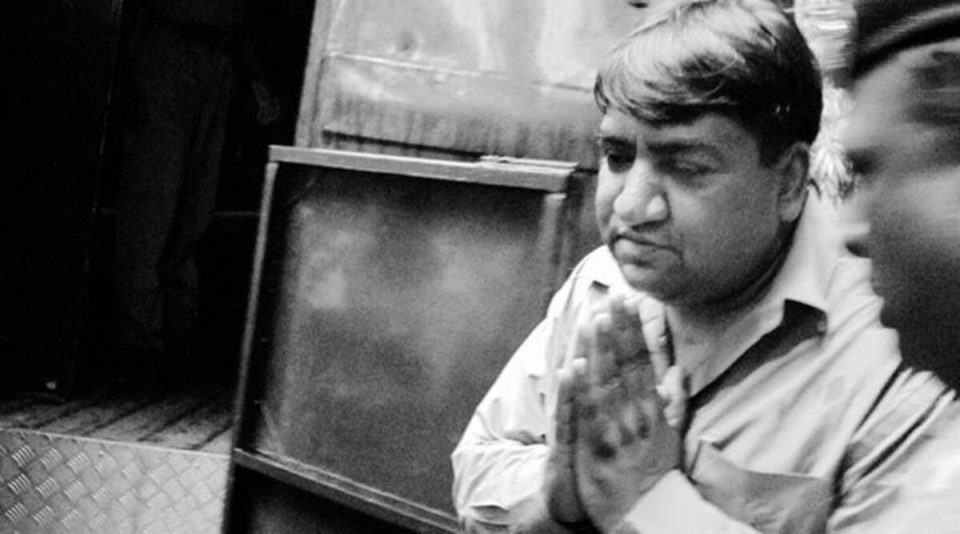This is the story of Abdul Karim Telgi, the man behind the 2003 Stamp Paper Scam. Abdul Karim Telgi was believed to be at the centre of the Stamp Paper Scam that was uncovered in 2001. The story had taken the nation by storm and Abdul Karim Telgi was put behind bars the same year. In 2018, a year after Telgi’s death, the Nashik sessions court in Maharashtra had acquitted Abdul Karim Telgi and six others in the case in absence of “solid evidence” against them.
Who was Abdul Karim Telgi?
Abdul Telgi was born in poverty. His father was an employee of Indian Railways, died when was young. Telgi paid for his education by selling fruits and vegetables on trains. After graduating in commerce, he worked a couple of jobs in Mumbai before moving to Saudi Arabia. He returned home after seven years to make a living from counterfeiting. Having set up a travel company, he began creating fake passports and other fake documents to facilitate the smooth passage of labourers to Saudi Arabia. After finding success, he moved to more complex counterfeiting and began making fake stamp paper.
The Stamp Paper Scam
In 1994, while working with Soni, Telgi used his connections and acquired a license to become a legal stamp vendor. Telgi and Soni then forged numerous stamp papers and their business grew. Telgi would mix genuine stamp papers with fake papers, selling them at massive profits. After minting money from the fake stamps business, Telgi ventured into various side businesses as well.
In 1995, Telgi and Soni parted ways and the former found himself in trouble once again, with his license being cancelled over cases filed by the Mumbai Police for selling fake stamps. However, by this time, Telgi knew everything he needed to for setting up his press. In 1996, Telgi, by navigating through connections and recruiting powerful people, had set up his press on Mint Road in Mumbai. By using his links, he got several machines declared to be obsolete. He later bought the machines and used them to set up his press.
Soon, his business grew to other cities and he lured people to join him in selling fake stamps and stamp papers. Some of these were even used in registering property and insurance documents. In the late 1990s, Telgi’s business was worth crores of rupees and he was proclaimed as an offender.
Arrest and Death
Telgi was taken into police custody in November 2001 in Ajmer. His arrest came after two men peddling fake stamp papers were caught in Bengaluru in 2000. Their arrest had led to the scam being uncovered. The case was taken over by the CBI eventually. It was reported that Telgi allegedly had 36 properties around the country and had more than 100 bank accounts in 18 major cities.
Social activist Anna Hazare had also filed a petition in a court against Telgi in the year 2003. The size scam was valued at a massive Rs 20,000 crore, leaving the entire nation in shock. Other estimates ranged from Rs 3,000 crore to Rs 30,000 crore. Telgi and several of his associates were ultimately sentenced to 30 years of imprisonment in 2006 and a fine of Rs 202 crore. Telgi died at the age of 56 from multiple organ failure at a government hospital in Bangalore in October 2017.







